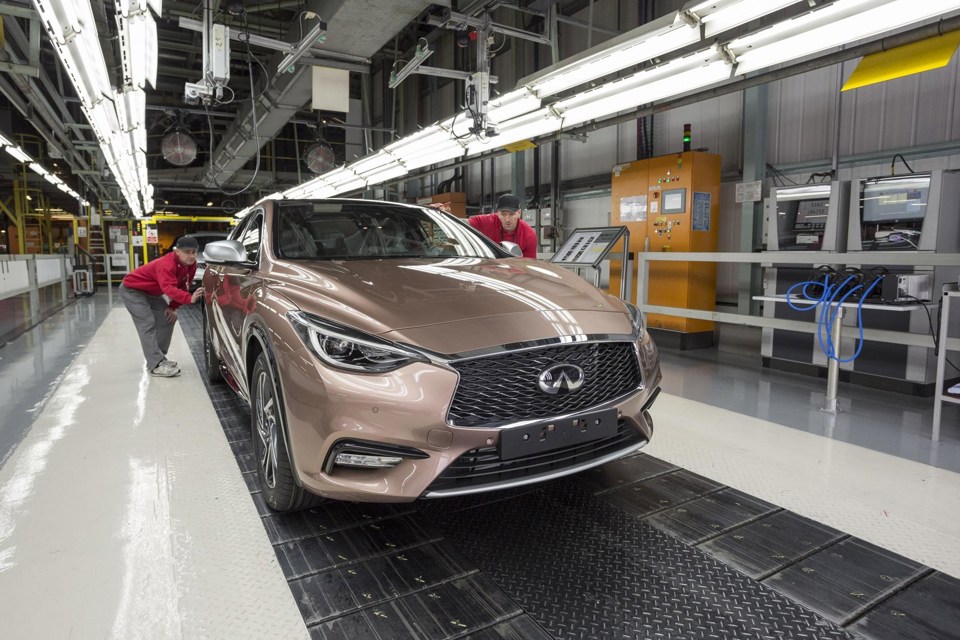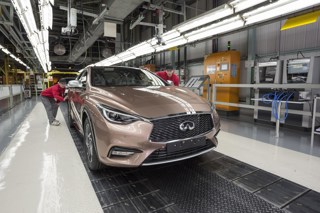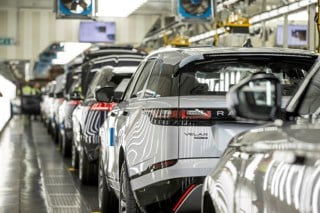UK car production suffered a 12.9% decline during August as the number of vehicles produced for the home market fell by 38.8%, the SMMT has reported.
Figures published by the Society of Motor Manufacturers and Traders (SMMT) today showed that a total of 89,254 vehicles left UK production lines last month with 72,983 (down 3.8%) destined for overseas markets.
The result leaves the sector 5.2% by volume year-to-date, with eight-in-ten (almost 850,000) of the 1,044,707 cars built to the end of August exported out of the UK.
 SMMT chief executive, Mike Hawes, suggested that the arrival of Worldwide Harmonised Light Vehicle Test Procedure (WLTP) had impacted production. He said: “The quieter summer months are often subject to fluctuations due to the variable timing and duration of annual maintenance and re-tooling shutdowns.
SMMT chief executive, Mike Hawes, suggested that the arrival of Worldwide Harmonised Light Vehicle Test Procedure (WLTP) had impacted production. He said: “The quieter summer months are often subject to fluctuations due to the variable timing and duration of annual maintenance and re-tooling shutdowns.
“This instability was exacerbated in August, with the industry racing to recertify entire model ranges to meet tougher testing standards in force on September 1.
“With exports, the majority to the EU, continuing to drive demand, it underscores the importance of a Brexit agreement to safeguard this trade; for our sector, ‘no deal’ is not an option.”
August’s decline in vehicle production marked a third successive month of negative results for the sector.
The SMMT said in a statement that, along with the arrival of WLTP, a multitude of factors, including model changes, planned maintenance shutdowns had also combined to slow output.
 Justin Benson, head of automotive at KPMG in the UK, said: “The automotive industry continues to lead the way for manufacturing exports in the UK, with eight out of ten cars produced for overseas customers.
Justin Benson, head of automotive at KPMG in the UK, said: “The automotive industry continues to lead the way for manufacturing exports in the UK, with eight out of ten cars produced for overseas customers.
“However, with the majority of vehicle exports going to Europe, it’s vital that the sector gets some certainty, so details of an EU trade deal are needed now.
“The UK market appears to be struggling, albeit from historically high levels and a month which includes shutdowns for planned maintenance.
“That being said, it’s a plus for those looking to purchase a new vehicle, as they can haggle and drive a hard bargain, but longer term consumer sentiment is extremely important to the sector.”



















Login to comment
Comments
No comments have been made yet.